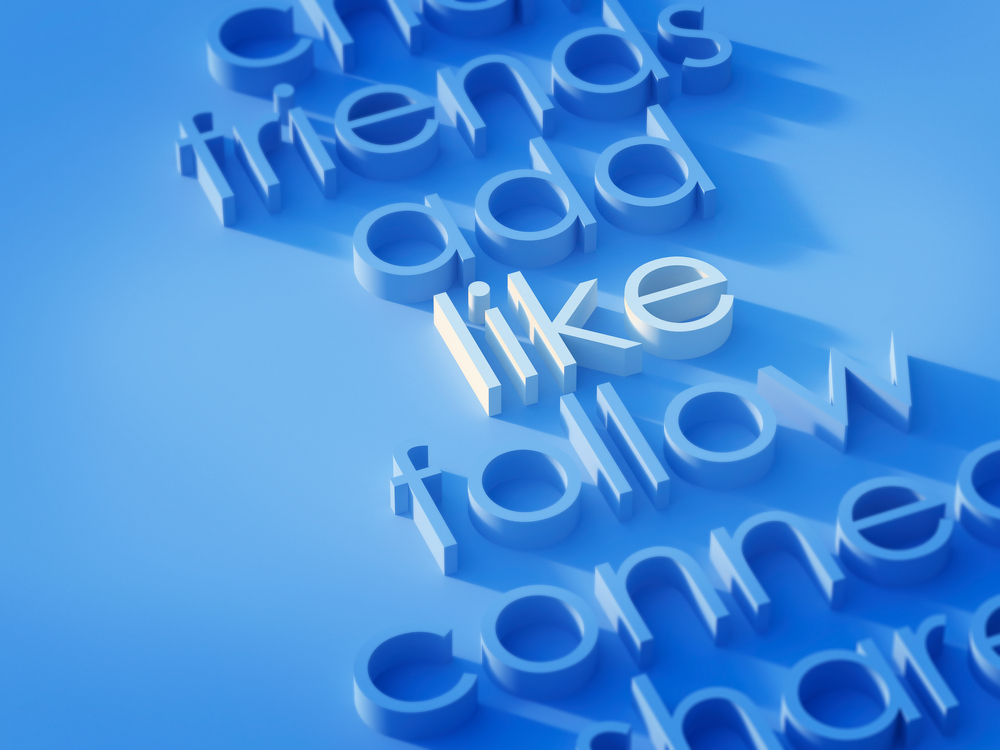Apple, Steve Jobs, Android and Motorola were probably not on the minds of the 111 million people watching the Super Bowl last Sunday. However, a related commercial that aired during Fox's broadcast managed to become a primary conversation topic on the web Sunday night and into Monday morning.
Invoking the memory of Apple's benchmark “1984” commercial, which aired during the Super Bowl XVIII in 1984, Motorola created an ad displaying a herd of people with white earbuds during their morning commute. The commercial showed one man, dressed differently and using a Motorola Xoom rather than an Apple iPad. The overall theme of the spot is that Apple, according to many of its competitors, has become the uncontested (and perhaps unworthy) leader of the mobile device market, where a Xoom user dares to be different. It promotes the same message of breaking a trend that Apple advocated with the release of its Macintosh computers, except this time Apple is the company coming under the hammer.
Immediately following the ad, Google searches and Twitter mentions for “Motorola Xoom” skyrocketed. Though Android-powered tablets are unlikely to challenge Apple's place atop the market, Motorola's commercial represents the growing animosity many technology executives and other decision-makers have toward Apple.
While Apple's products offer groundbreaking technology, its competitors believe brand appeal is the lone reason many users choose Apple, with consumers often purchasing products not properly suited for them solely because Apple boosts their social status. For Android, though, providing options from several handset manufacturers and mobile service providers helped it secure more than 37 percent of the global market share in 2010, according to market research firm Gartner. Consumers opted for Android-powered devices more than 67 million times in 2010, which represents a 900 percent increase over 2009, Gartner found.
Similar results from both IDC and Canalys surfaced earlier this month. However, with iPhone's arrival on Verizon this week and the upcoming release of iPhone 5, the race between Apple and Android will likely heat up throughout 2011.
Apple and Android draw a majority of the ink and web attention these days, but Finnish handset manufacturer Nokia is still the leading global smartphone brand. Gartner's report found more than 111 million Nokia devices were sold in 2010 – about 30 million more than it sold in 2009. Unfortunately for Nokia, it's market share plummeted from 46.9 percent at the end of 2009 to 37.6 percent in 2010. Similarly, Microsoft's impact on the market has been negligible since the release of Windows Phone 7 in October. Gartner’s report pegged WP7’s market share at 4.2 percent.
In response to this, Nokia CEO Stephen Elop announced on Friday that his company and Microsoft would enter into a strategic partnership that will result in Nokia phones running Windows Phone 7. Elop arrived at Nokia in September 2010 after leaving Microsoft, where he served as president of the company’s business division. Throughout the week, speculation of the “Nokia, Microsoft partnership” was a trending topic. Nokia, like many technology companies, has become a victim of its own success. In the late 90s, when mobile phones were still a luxury item for most, it was among the most popular brands. Since, it has struggled to compete with companies, such as Apple, Research In Motion and Google, who have innovated their way to success in the smartphone era.
There are several factors behind Android's success, but its availability on multiple platforms appears to be at the top of the list. Sprint, which carries several Android-powered handsets, including the popular Evo 4G, announced on Thursday that it added subscribers in 2010. CEO Dan Hasse reported that Sprint added 58,000 customers in the fourth quarter of 2010. The period represents the first quarter of growth for the service provider since the second quarter of 2007. However, most consumers spent the week in awe of Sprint for another reason.
On Monday, the company announced the development of the Kyocera Echo – the world’s first dual-screen smartphone. Immediately following the announcement, both “Sprint” and “Kyocera Echo” become trending topics on Twitter and popular Google search items.
A diverse catalog of Android options is especially import for Sprint at the moment. While both Verizon and AT&T offer Android-based devices and the iPhone, Sprint has not commented on the possibility of a deal with Apple. Given the company's success during the last quarter of 2010, the iPhone's absence from its inventory doesn't appear to be an especially pressing issue.
Mobile certainly occupied most of the technology chatter this week, but the video game industry had its own major announcement. On Wednesday, Activision Blizzard announced it would no longer develop Guitar Hero video games, as the fad appears to be waning. Throughout the latter portion of the week, social media users have bid farewell to “Guitar Hero” with frequent mentions.
Next week is likely to be another dominated by news from the mobile industry. The “Mobile World Conference” kicks off on Monday in Barcelona, Spain. While the partnership between Nokia and Microsoft will probably be a hot topic at the event, other major conversation points may include increasing video viewing on smartphones and tablets, as well as cloud computing's impact on mobile networks.



